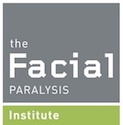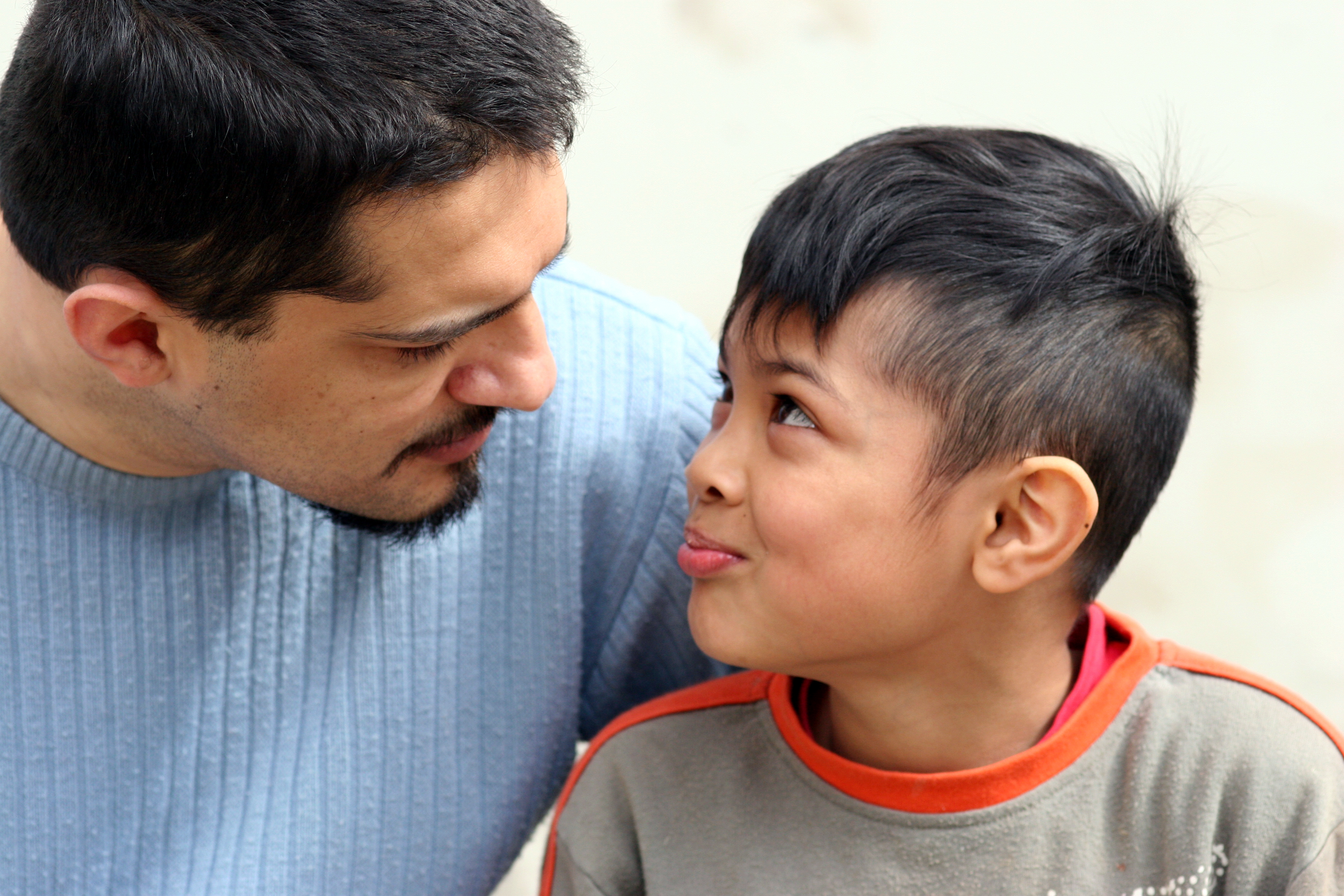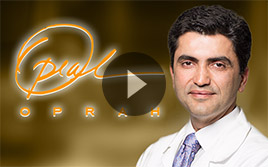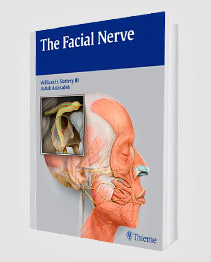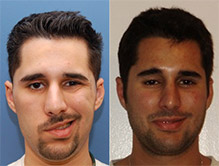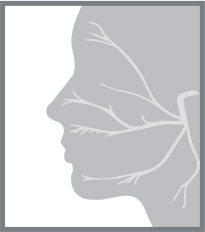Moebius syndrome is a rare congenital disorder that paralyzes or weakens multiple cranial nerves. It is sometimes apparent in children and occurs as early as birth. Additionally, some researchers believe Moebius syndrome may occur due to genetics.
For parents, it is paramount to identify the signs of Moebius syndrome in a child. This ensures parents can explore child Moebius syndrome treatment options at a young age, and ultimately, help their kids overcome facial paralysis symptoms.
What Are the Signs of Child Moebius Syndrome?
There are many signs of child Moebius syndrome. These signs include:
- Inability to smile, frown or make other facial expressions
- Feeding, swallowing or choking issues
- Difficulty keeping the head back to swallow
- Inability to squint and/or blink
- Lack of lateral eye movement
- Crossed eyes (strabismus)
- Motor delays related to upper body weakness
- Drooling
- Little to no tongue movement
- Tongue that is short and/or deformed
- Hand and/or feet deformities
- Speech disorders
- Impaired hearing
- Oral health issues
If a boy or girl displays one or more of the aforementioned signs of child Moebius syndrome, it is important to meet with a doctor. At this time, a doctor can evaluate a child and may provide a Moebius syndrome diagnosis.
Meanwhile, for children who have received a Moebius syndrome diagnosis but continue to deal with persistent facial paralysis symptoms, Dr. Babak Azizzadeh offers treatment options. Dr. Azizzadeh is an expert facial plastic and reconstructive surgeon with many years of industry experience, and he helps parents determine the best course of action to treat child Moebius syndrome. That way, parents can help their kids overcome the facial paralysis symptoms associated with Moebius syndrome.
How Is Child Moebius Syndrome Treated?
Children with Moebius syndrome sometimes require physical and speech therapy. These treatments help child Moebius syndrome patients improve their gross motor skills and coordination.
Surgery may also be used to treat child Moebius syndrome. For example, Dr. Azizzadeh may perform a microsurgical trigeminal-gracilis muscle transfer to help children dealing with Moebius syndrome.
Dr. Azizzadeh performs microsurgical trigeminal-gracilis muscle transfer in separate stages. He generally recommends the first stage of the procedure for children as early as 6 years old, followed by the second stage one year later. During the procedure, Dr. Azizzadeh transfers a patient’s gracilis muscle from the inner thigh to the face. He attaches the gracilis muscle to the trigeminal nerve that controls the muscles for chewing, which improves a patient’s ability to move the facial muscles.
Other procedures are available to treat child Moebius syndrome, too. These procedures include:
- Static Suspension with Tensor Fascia Lata: Azizzadeh places tensor fascia lata (a thigh structure that resembles a tendon) under the facial skin via a small incision in the scalp to improve facial symmetry and correct facial paralysis symptoms.
- Temporalis Transfer: Azizzadeh transfers the temporalis muscle (a facial muscle responsible for chewing) from the scalp to the corner of the mouth to enhance facial muscle coordination and movement.
- Eyelid Reconstruction: Azizzadeh performs eyelid reconstruction surgery to restore facial symmetry, as well as treat facial paralysis that otherwise makes it difficult to fully close the eyelids.
When it comes to child Moebius syndrome, it is essential to explore all of the treatment options available. By working with Dr. Azizzadeh, parents can discover a safe, effective way to treat child Moebius syndrome.
Which Child Moebius Syndrome Treatment Works Best?
The best child Moebius syndrome treatment varies based on the patient. Fortunately, Dr. Azizzadeh develops a personalized treatment plan for each child Moebius syndrome patient. This plan accounts for a child’s facial paralysis symptoms, medical history and other factors, and in doing so, is designed to deliver the best-possible results.
Initially, Dr. Azizzadeh requests a child Moebius syndrome treatment consultation. This allows Dr. Azizzadeh to examine a patient and learn about his or her facial paralysis symptoms. It also enables a child and his or her parents to ask questions and learn about different Moebius syndrome treatment options.
Dr. Azizzadeh outlines all stages of a Moebius syndrome treatment plan to a child and his or her parents. He wants patients to make informed treatment decisions and dedicates time and resources to explain how a child Moebius syndrome treatment works. Dr. Azizzadeh even helps a child and his or her parents establish realistic Moebius syndrome treatment goals.
Dr. Azizzadeh also deploys a multidisciplinary approach to treat child Moebius syndrome. As such, Dr. Azizzadeh uses physical therapists and other team members to help child Moebius syndrome patients achieve their desired treatment results.
Child Moebius syndrome is sometimes difficult to treat, but Dr. Azizzadeh does everything possible to help patients address this condition. Dr. Azizzadeh works closely with a child Moebius syndrome patient throughout the treatment cycle. He monitors a child Moebius syndrome patient’s progress, and if a patient ever has concerns or questions, he is happy to respond to them.
If a child has been diagnosed with Moebius syndrome but is struggling to treat his or her facial paralysis symptoms, there is no need to delay treatment. Instead, parents can meet with Dr. Azizzadeh to review different child Moebius syndrome treatment options. To schedule a consultation with Dr. Azizzadeh, please contact The Facial Paralysis Institute today at (310) 657-2203.
Request your consultation with Dr. Azizzadeh today
Call us at (310) 657-2203 to schedule an appointment.
Schedule a Consultation